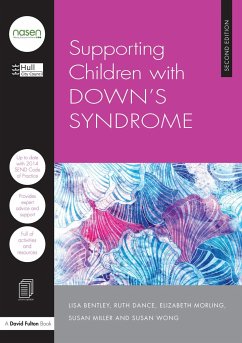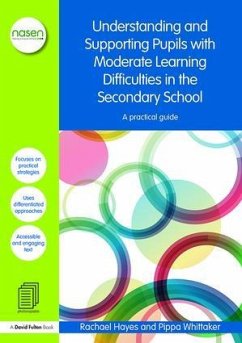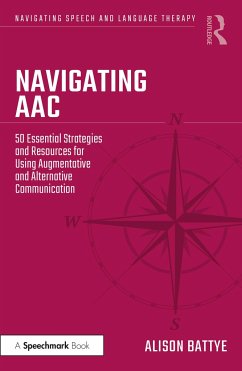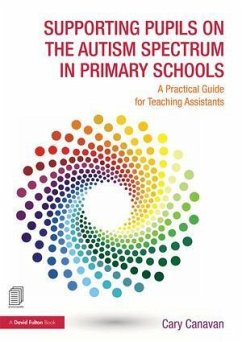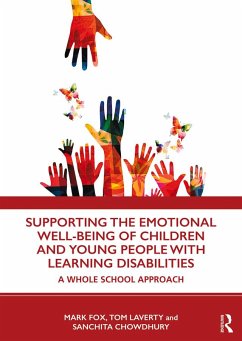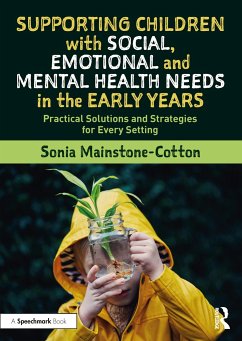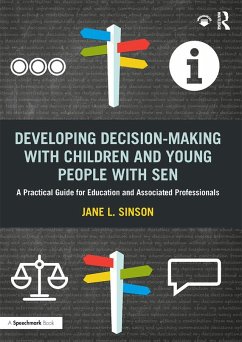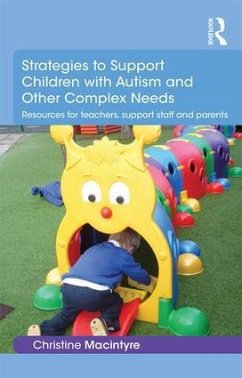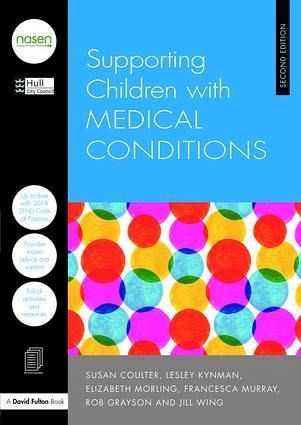
Supporting Children with Medical Conditions
Versandkostenfrei!
Versandfertig in 6-10 Tagen
36,99 €
inkl. MwSt.
Weitere Ausgaben:

PAYBACK Punkte
18 °P sammeln!
The fully revised new edition of Supporting Children with Medical Conditions provides teachers and practitioners with a reference to medical conditions most commonly found amongst school-aged children, including asthma, cerebral palsy, cystic fibrosis, eczema, epilepsy, head injuries, heart conditions, hydrocephalus and spina bifida. With up to date advice for practitioners, each condition is clearly described in terms of causes, symptoms and treatment, and the authors accessibly explain the educational implications - what teachers and support staff should be aware of, how they can minimise pu...
The fully revised new edition of Supporting Children with Medical Conditions provides teachers and practitioners with a reference to medical conditions most commonly found amongst school-aged children, including asthma, cerebral palsy, cystic fibrosis, eczema, epilepsy, head injuries, heart conditions, hydrocephalus and spina bifida. With up to date advice for practitioners, each condition is clearly described in terms of causes, symptoms and treatment, and the authors accessibly explain the educational implications - what teachers and support staff should be aware of, how they can minimise pupils' difficulties in school and maximise access to the curriculum.
With all the vital information practitioners will need to know about Medical Conditions, this book includes:
Definitions of different Medical Conditions and their educational implications
Guidelines for staff providing intimate personal care for pupils
Suggestions to allow pupils to have full access to the curriculum
Fully updated with the 2014 SEND Code of Practice and the guidance published in 2014 on 'Supporting pupils at school with medical conditions', this text will help professionals be more effective in supporting learners in a variety of settings. It also features useful checklists, templates and photocopiable resources.
With all the vital information practitioners will need to know about Medical Conditions, this book includes:
Definitions of different Medical Conditions and their educational implications
Guidelines for staff providing intimate personal care for pupils
Suggestions to allow pupils to have full access to the curriculum
Fully updated with the 2014 SEND Code of Practice and the guidance published in 2014 on 'Supporting pupils at school with medical conditions', this text will help professionals be more effective in supporting learners in a variety of settings. It also features useful checklists, templates and photocopiable resources.





